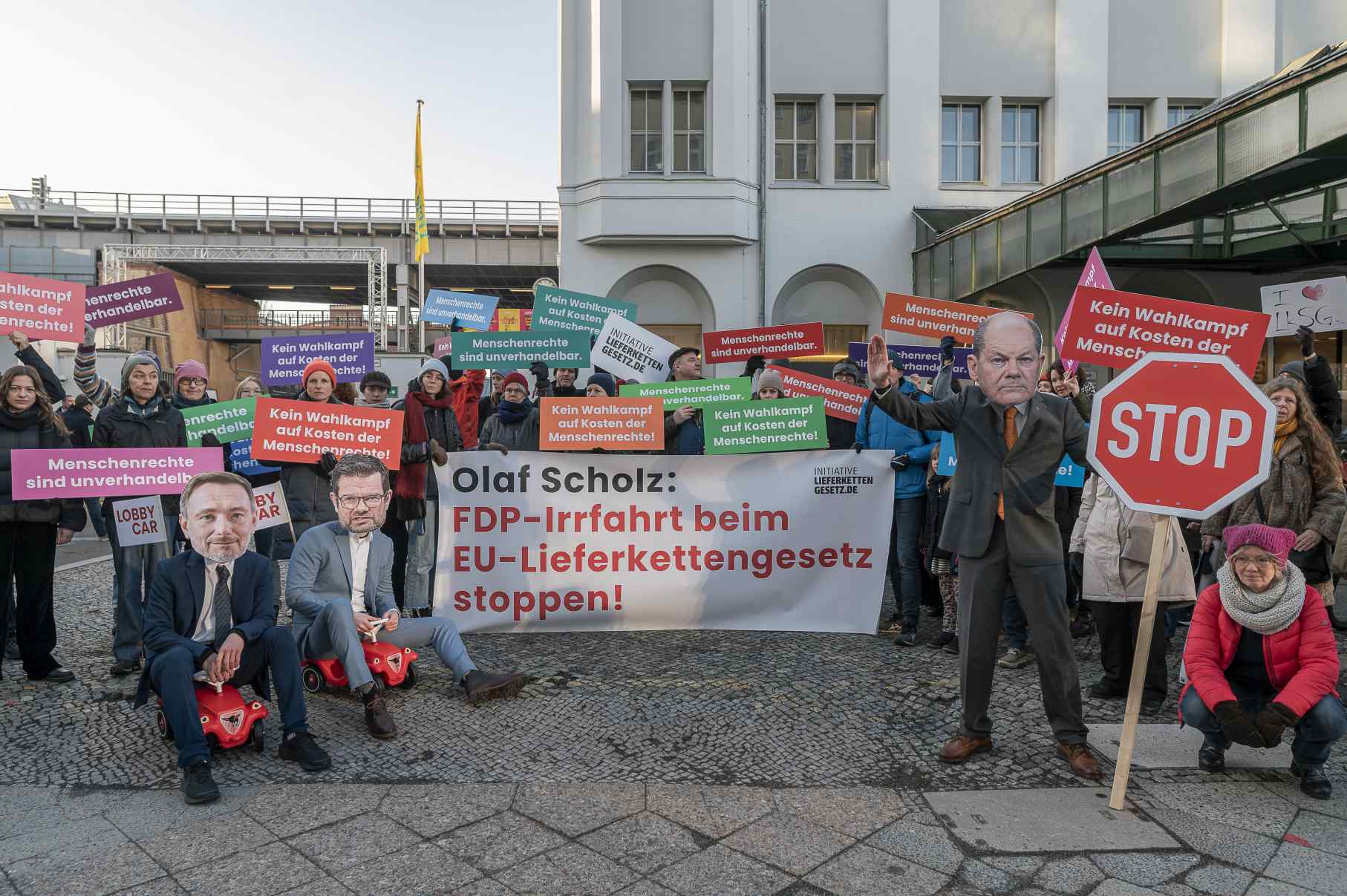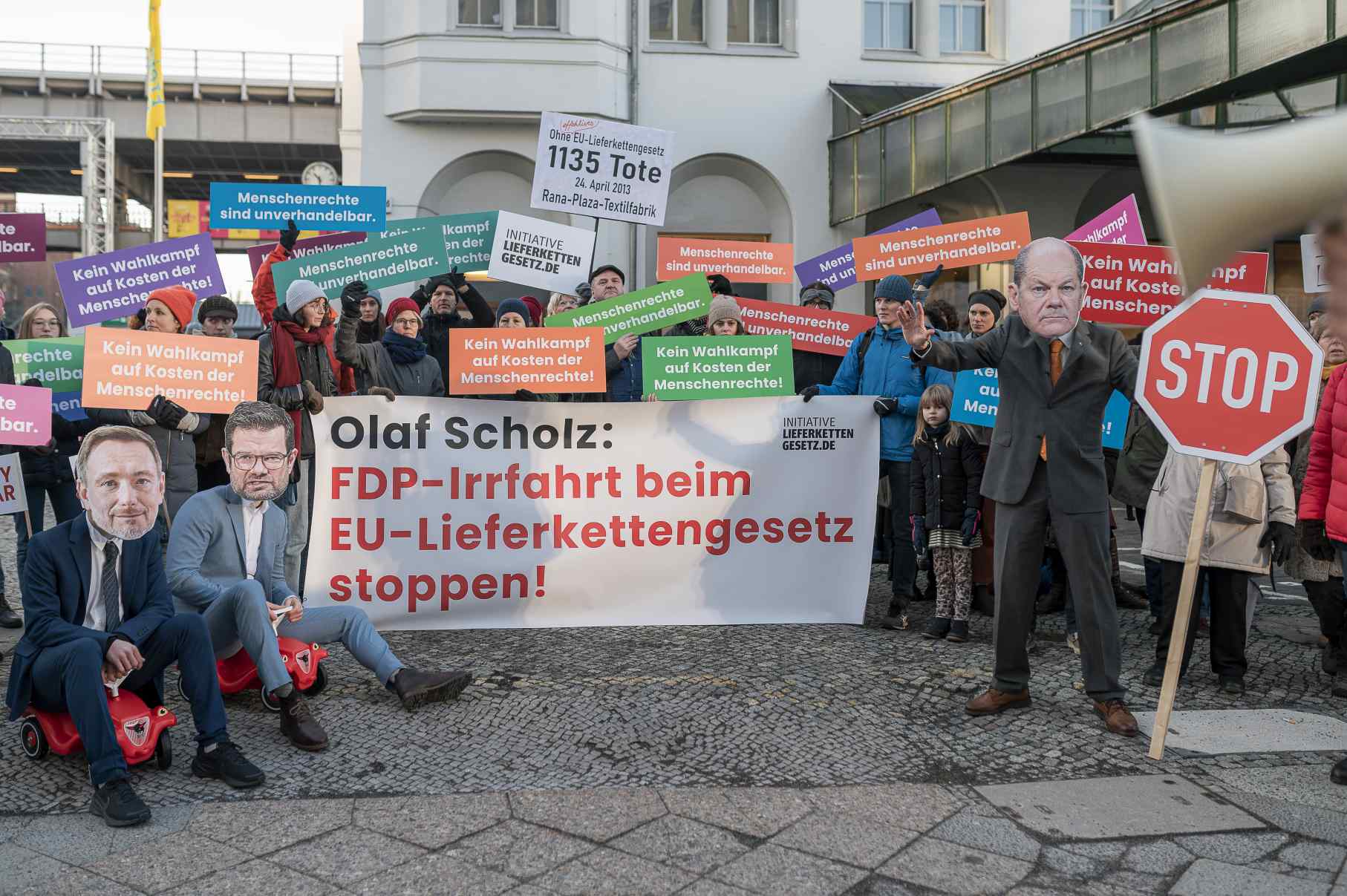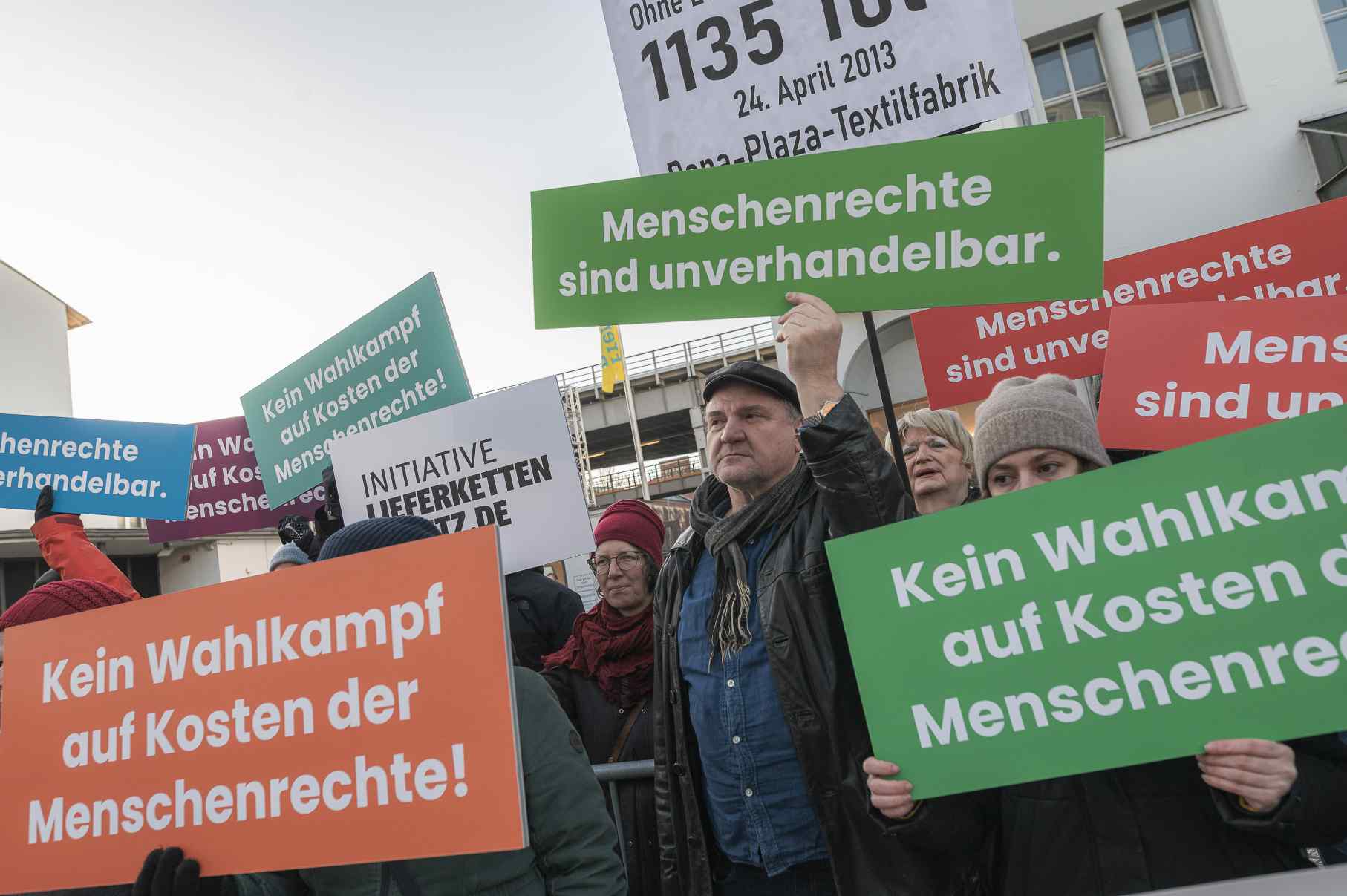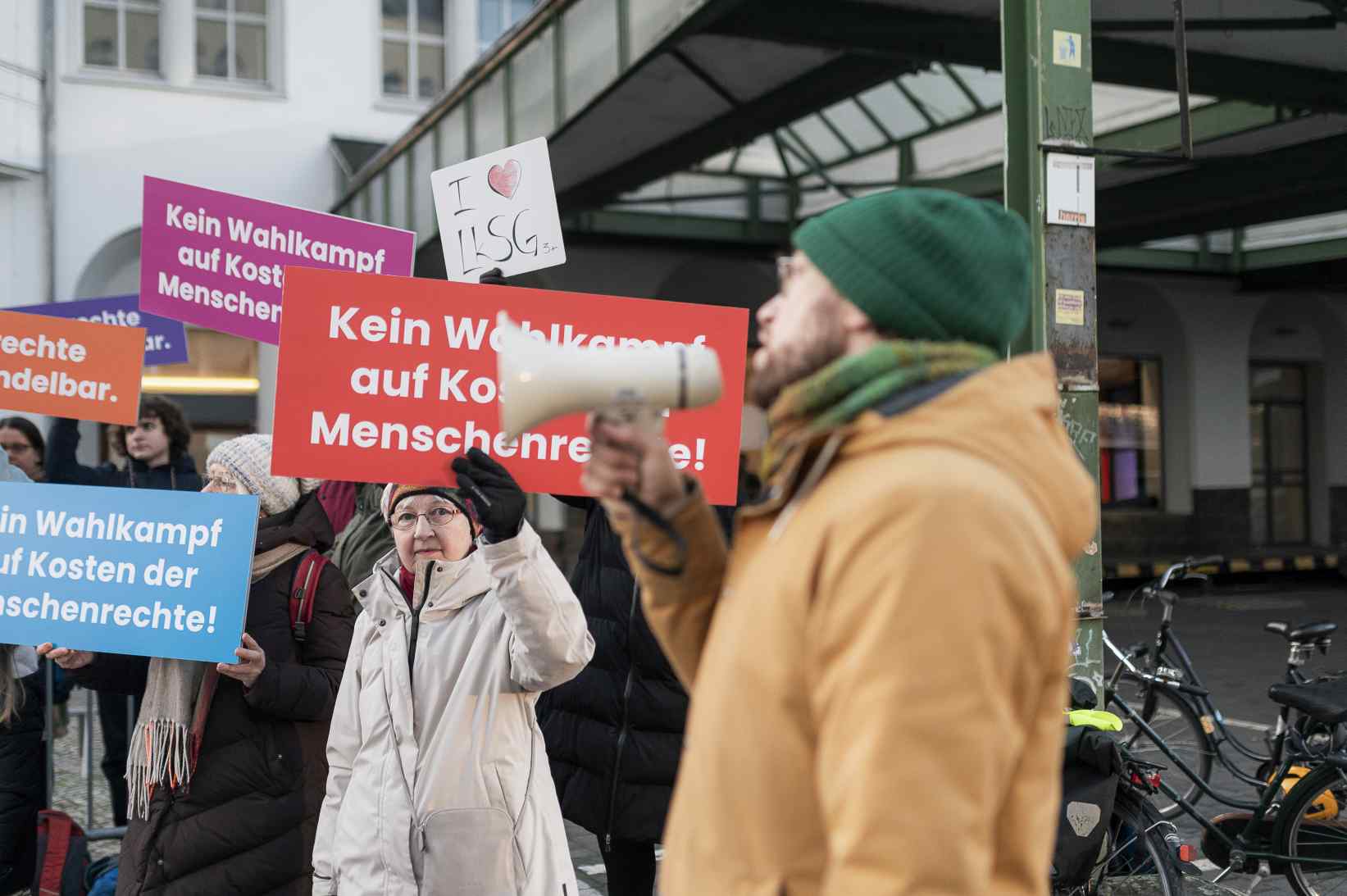EU countries vote for EU supply chain law
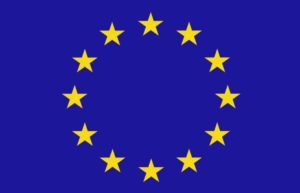 On March 15, 2024, after a long struggle, the EU countries finally agreed to a compromise on the EU Supply Chain Act (Directive). The Belgian Council Presidency was able to reach the compromise despite Germany’s abstention. This is a major political success for the EU!
On March 15, 2024, after a long struggle, the EU countries finally agreed to a compromise on the EU Supply Chain Act (Directive). The Belgian Council Presidency was able to reach the compromise despite Germany’s abstention. This is a major political success for the EU!
However, it must be noted that the agreement could only be reached in a massively slimmed-down form compared to the original draft from last December.
The directive does not apply to companies with 500 employees or more and a turnover of 150 million euros, but only to significantly larger companies – and only in a graduated form:
- Initially, the law applies to companies with 5,000 employees or more and a turnover of 1.5 billion euros
- After 4 years, it affects companies with 4,000 employees or more and a turnover of 900 million euros
- after another year (i.e. a total of 5 years) for companies with 1,000 employees or more and a turnover of 450 million euros
Nevertheless, the current draft applies a liability rule according to which companies can be held liable in European courts if human rights are violated in their own supply chains.
It remains a big mystery why the FDP could not agree to this weak draft of the EU directive. The FDP’s argument was always a warning against excessive bureaucracy for small and medium-sized companies. This claim was pure nonsense in relation to the original draft; But in relation to the current compromise proposal, the objection is completely absurd. With a view to Germany and the current federal government, the sober conclusion remains that the FDP has broken the agreement in the coalition agreement, which should actually have prompted the German Chancellor to act. Johanna Kusch from the “Initiative Supply Chain Act”, of which XertifiX is also a member, also comments:
“After the long wrangling, the law has unfortunately been significantly weakened and only applies to a few companies– It is shameful that the federal government itself could not agree to this version. In doing so, the FDP not only duped the SPD and the Greens, but also acted against the broad majority of the population […] We are disappointed that the project has been so undermined. Chancellor Olaf Scholz could have prevented this if he had put the FDP in its place and stuck to the compromise that had already been made. Instead, he accepted with full eyes that established EU procedures were ignored and that Germany is no longer considered a reliable negotiating partner in the EU.
The EU Parliament still has to approve the directive in April, which is considered very likely.
Please see: EU states agree on supply chain law – Germany abstains
